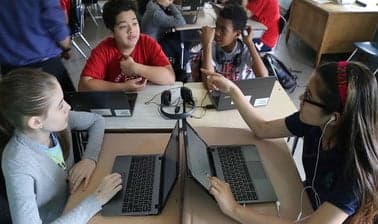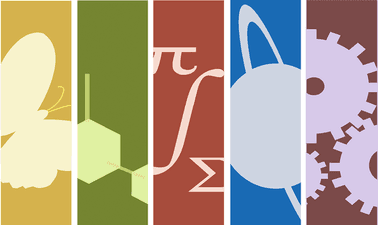SmithsonianX: That's So Meta(cognitive)!
That’s so Meta(cognitive)! — investigates how explicitly teaching students metacognitive strategies helps them become more effective learners, able to integrate knowledge rather than just memorize isolated science facts and definitions.

- Certification
- Certificate of completion
- Duration
- 1 weeks
- Price Value
- $ 59
- Difficulty Level
- Introductory









